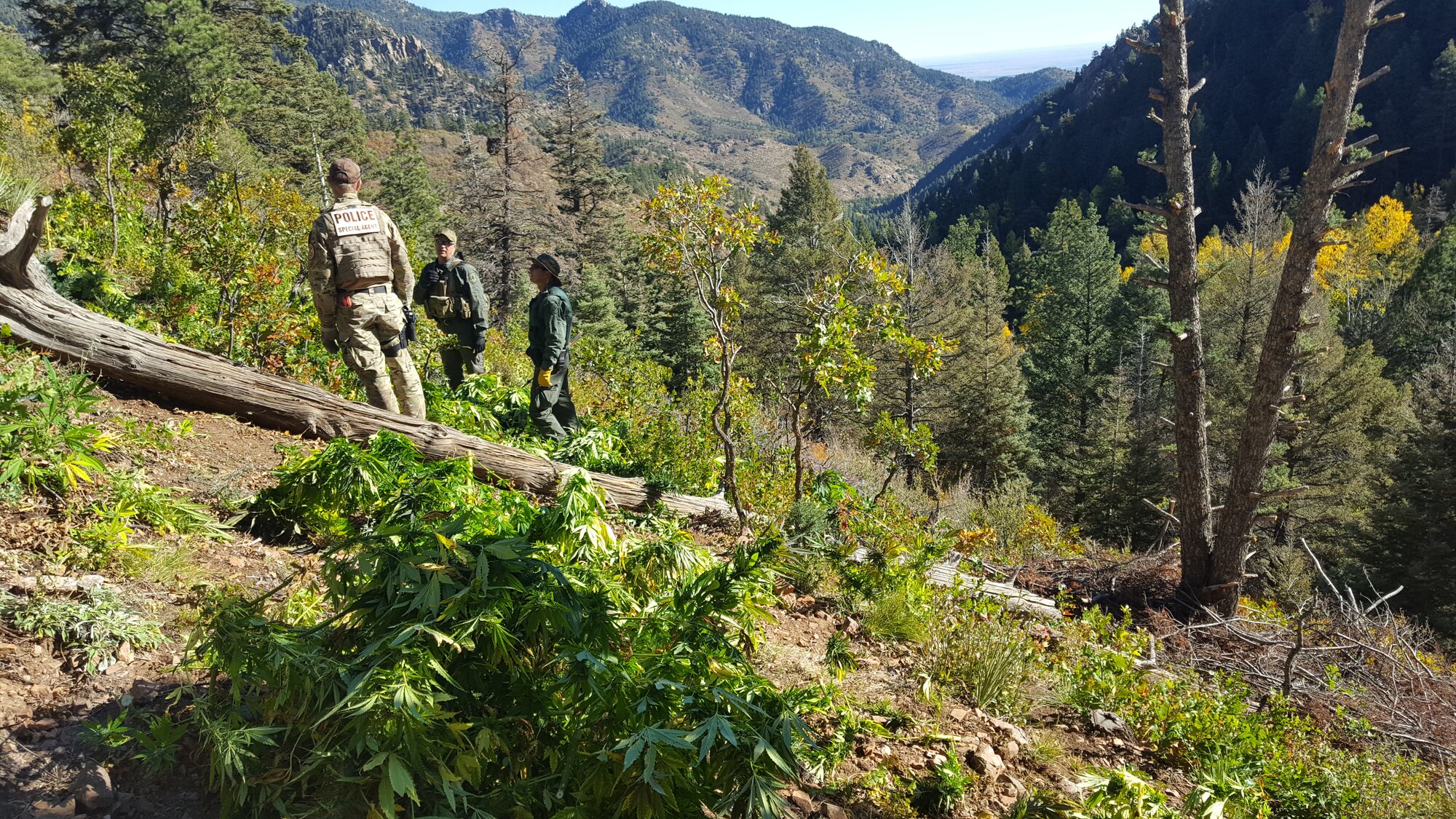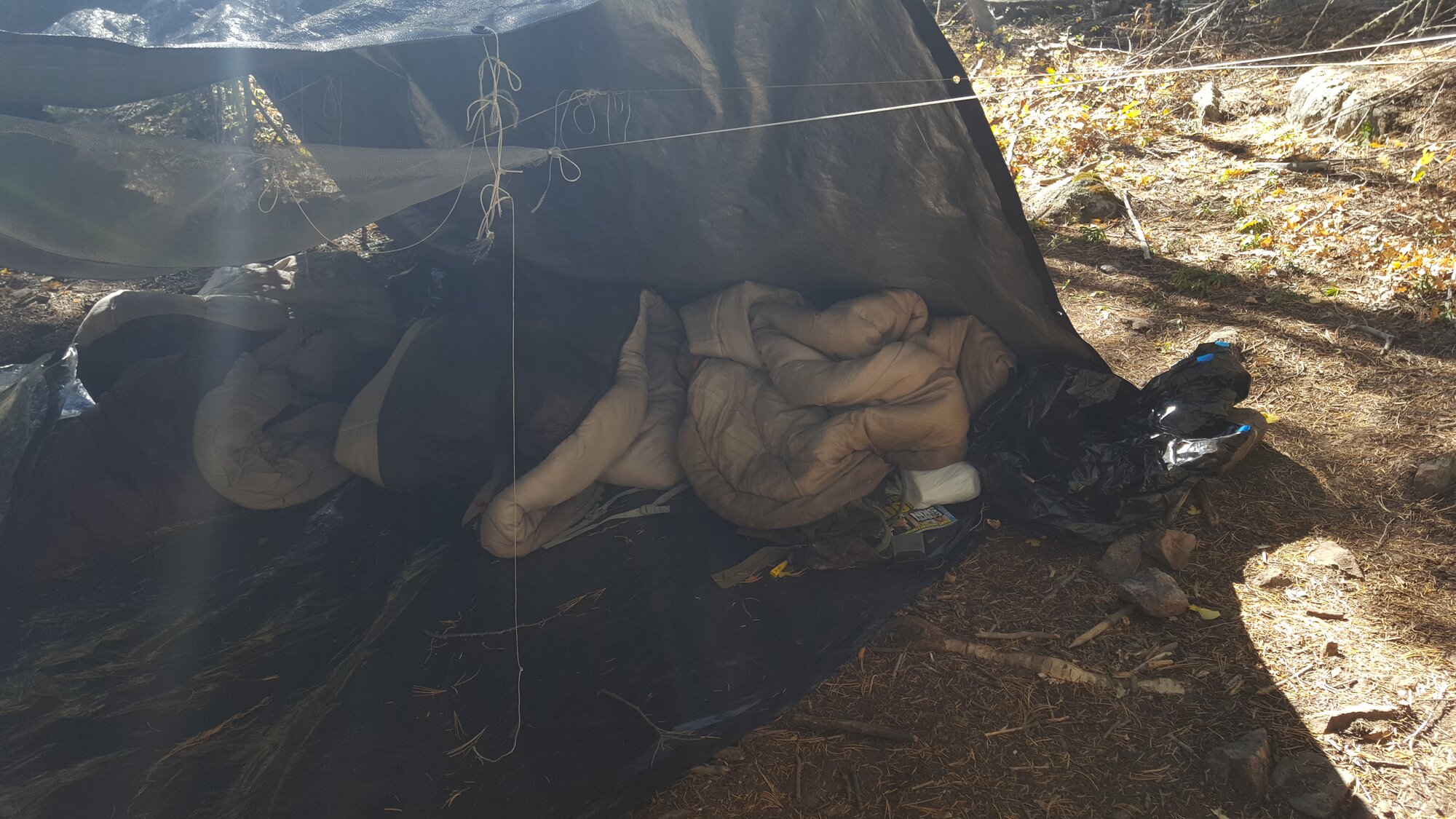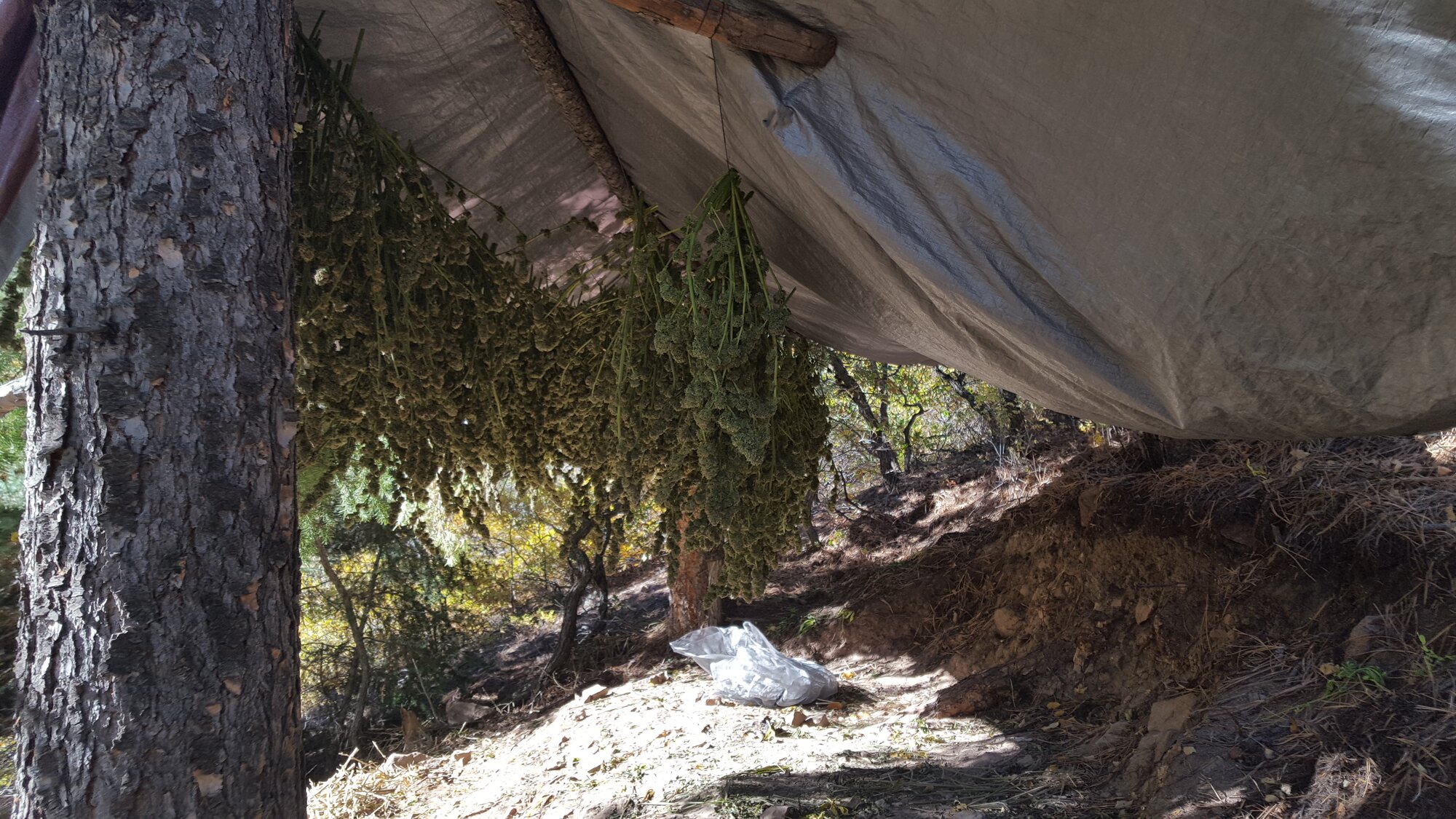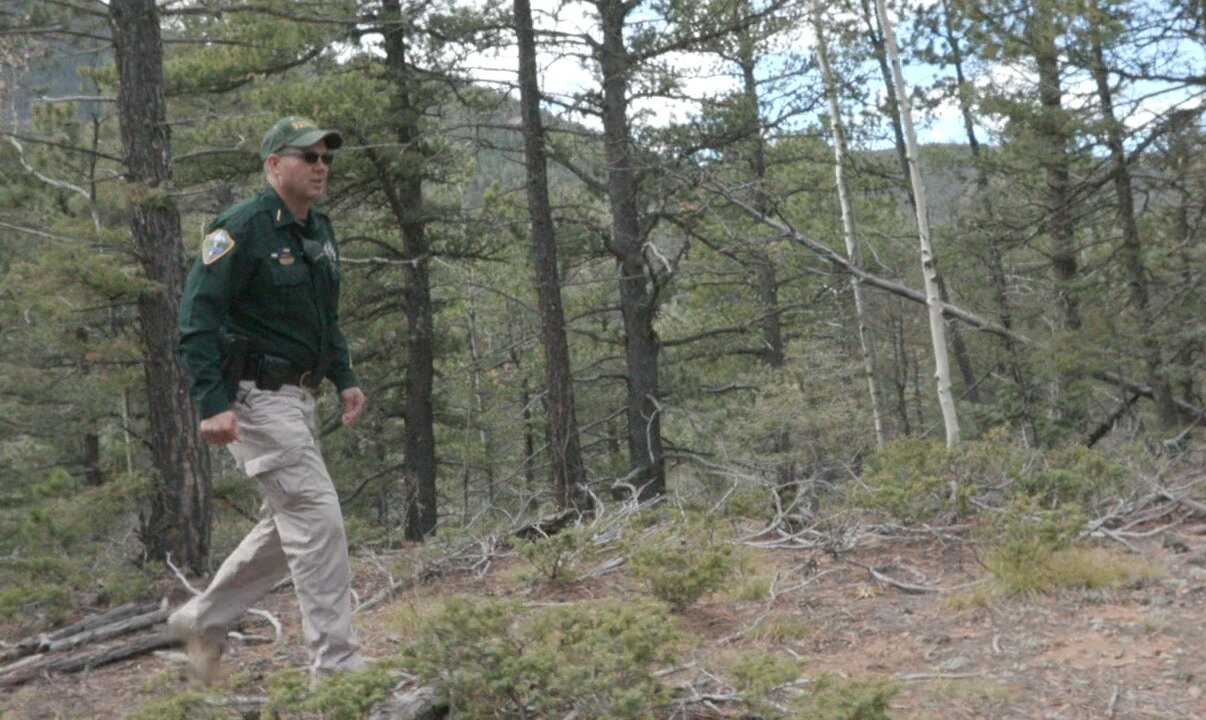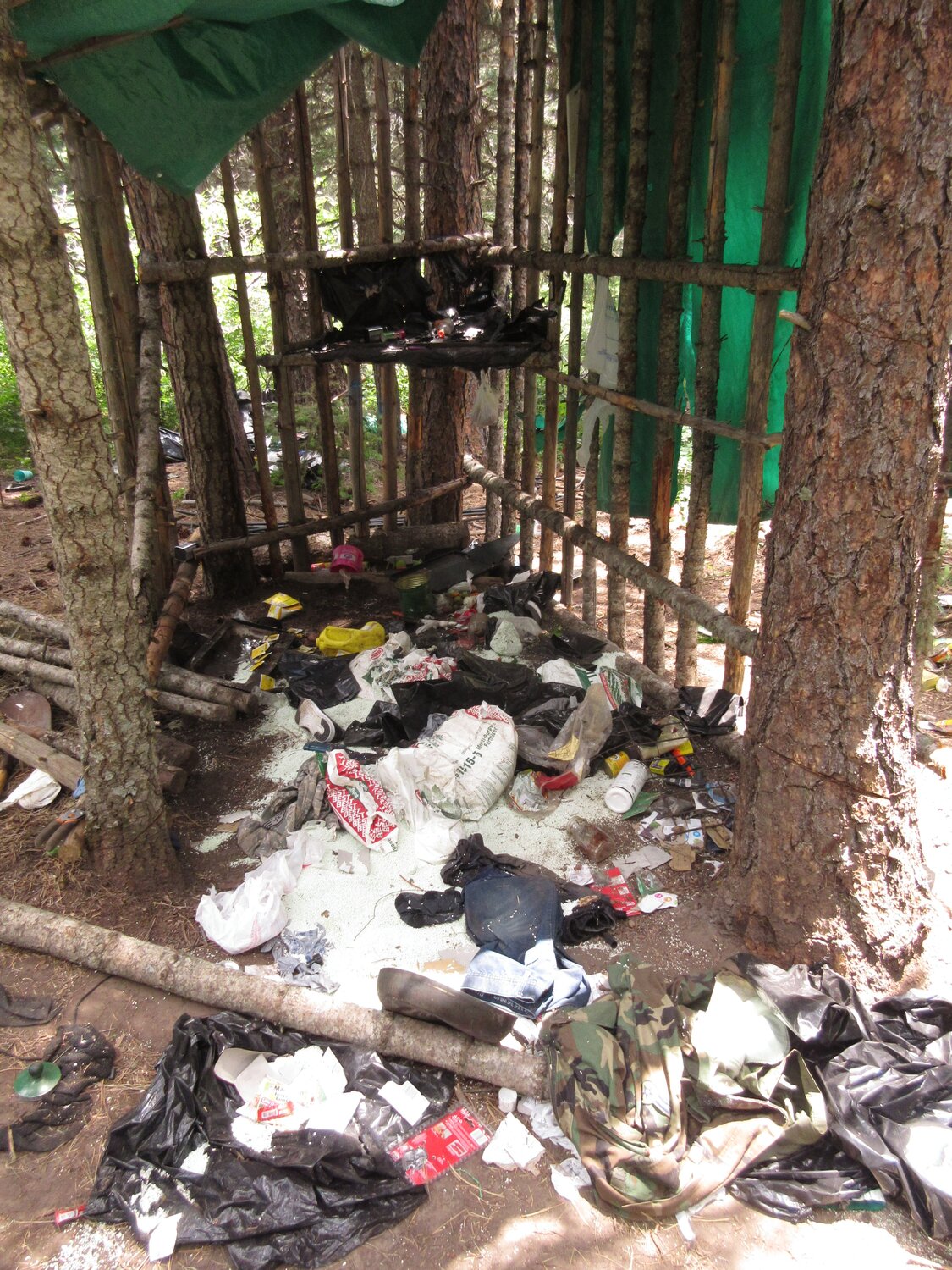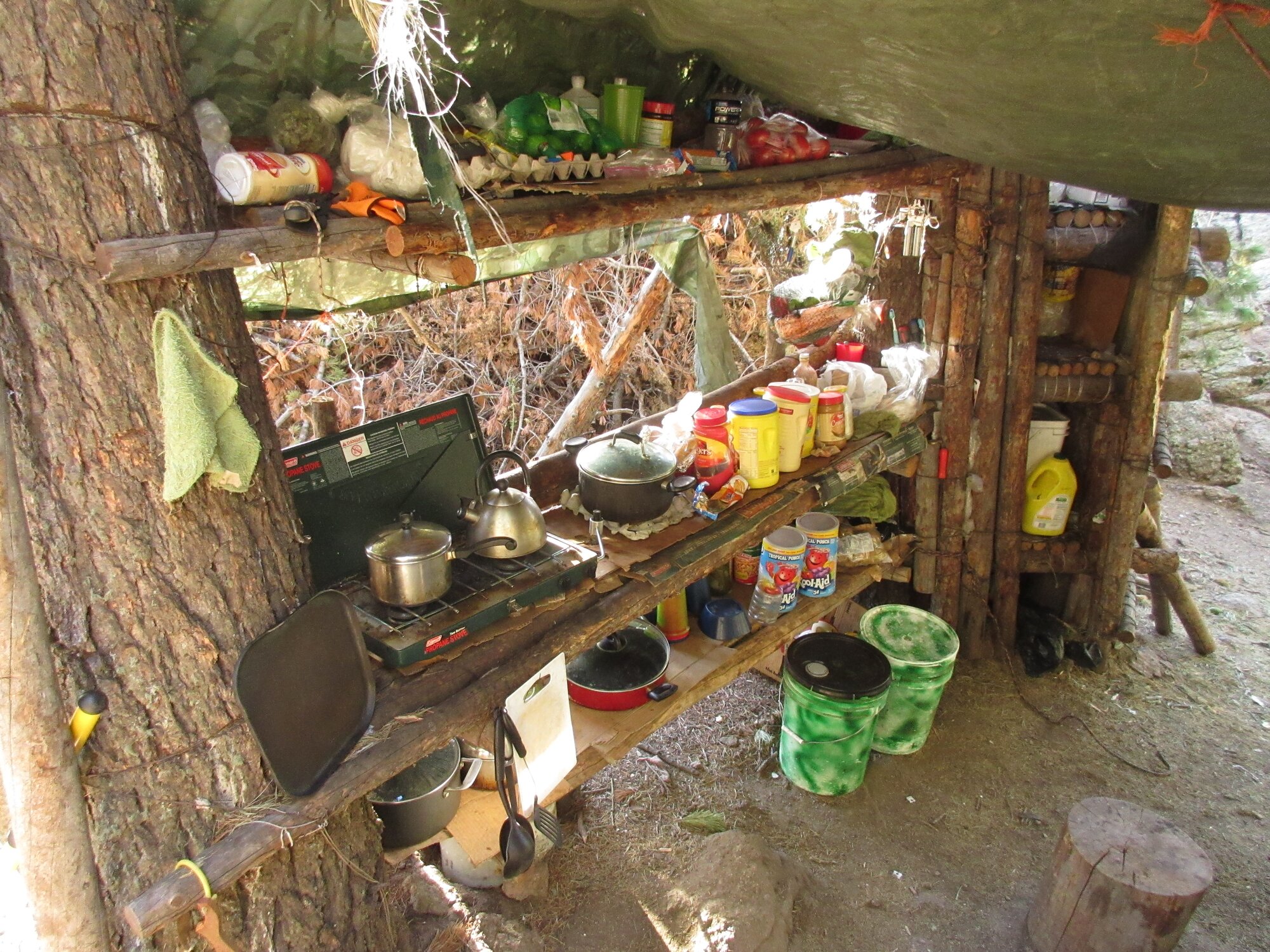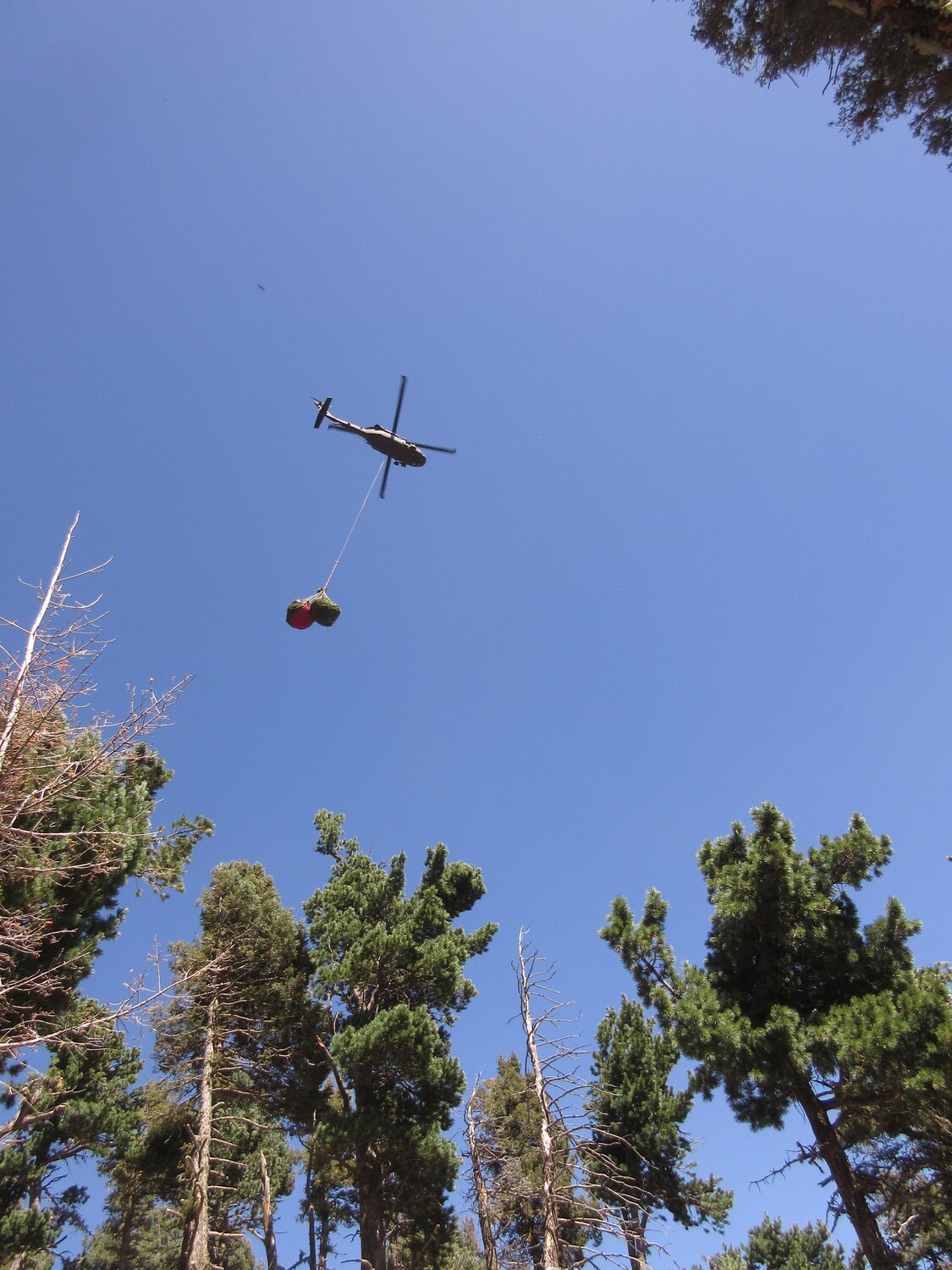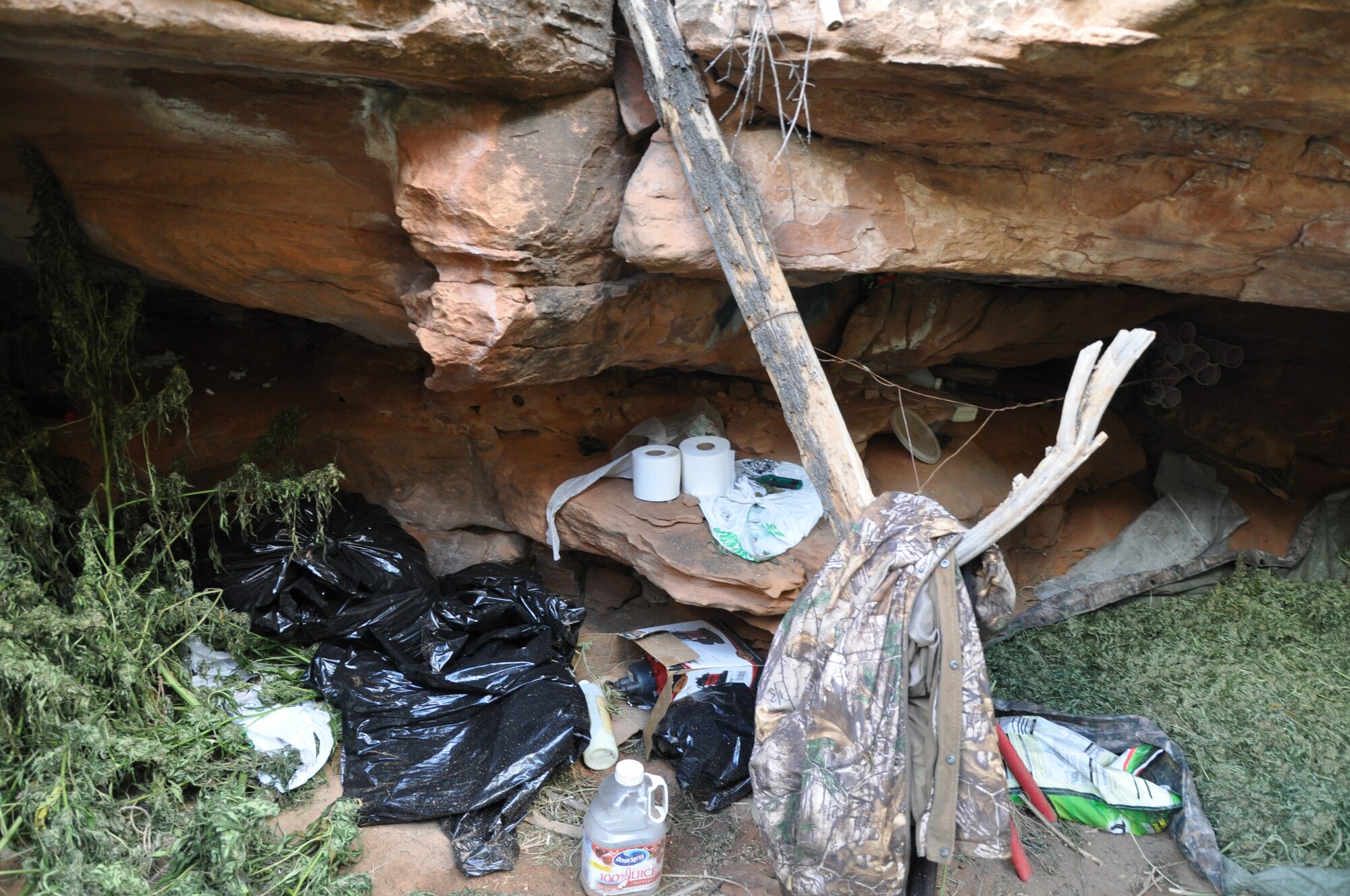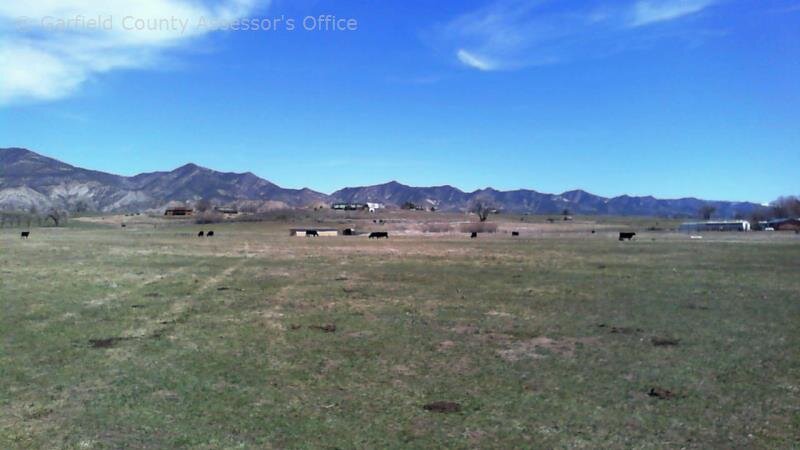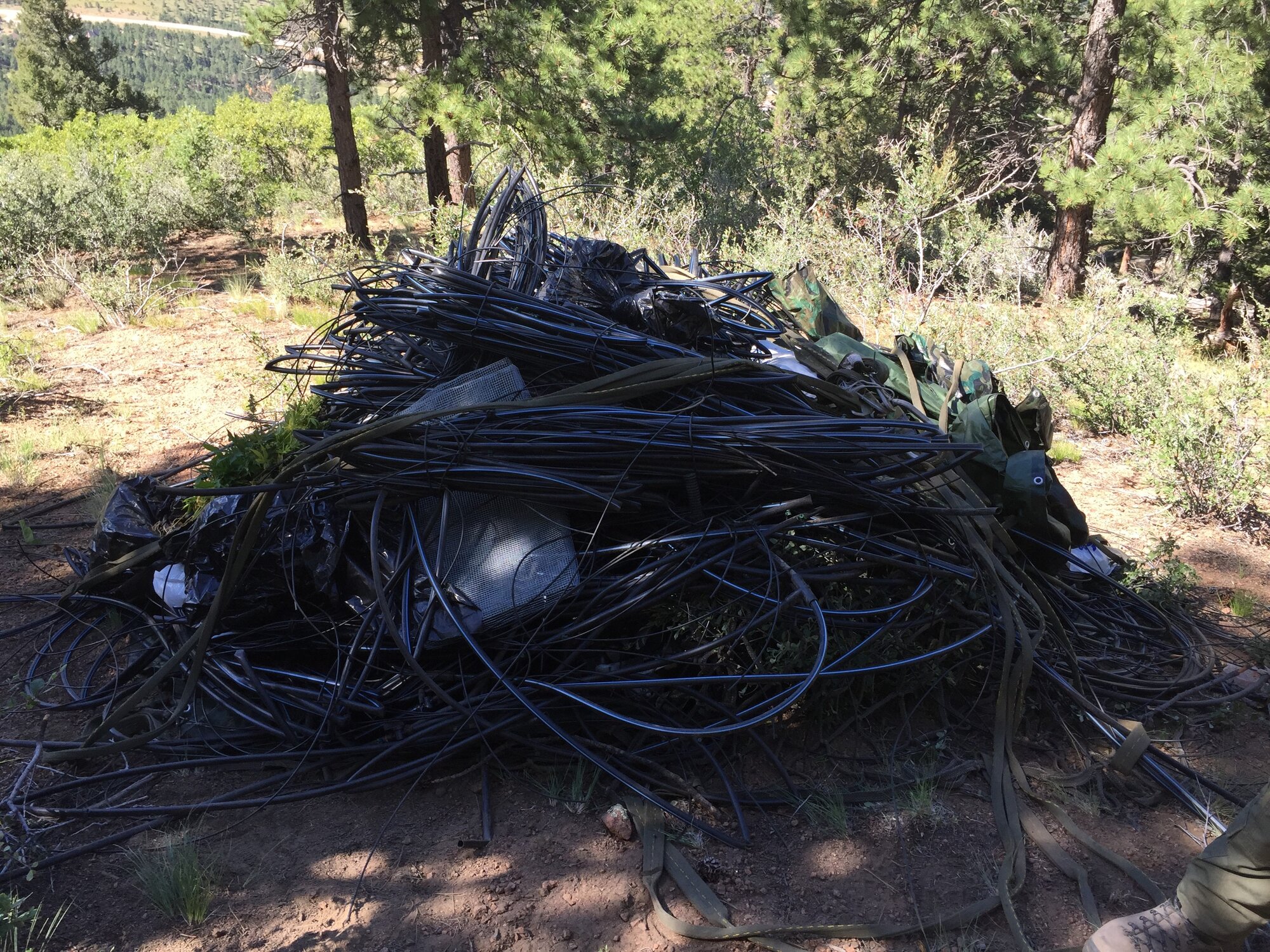Migrants Are Frequently Caught in Colorado Black Market Marijuana Operations, Raising Concerns About Exploitation

They came to Colorado, often on the promise of opportunity, and ended up in handcuffs, swept up in the state’s attempts to cut off the export of illegal marijuana.
Court documents lay out how many foreign nationals end up growing marijuana illegally in Colorado - often in remote areas of the state – sometimes even living outdoors. After they are captured, their defense attorneys sometimes argue they were deceived into carrying out someone else’s illegal plot.
Some defense attorneys have argued some cases resemble labor trafficking, which is defined as recruiting someone for labor through force, fraud or coercion. Defense attorney Lisa Moses used the term "indentured servitude."
Moses represented a 20-year-old client, Celso Estrada-Cabrera, who she said came to the United States illegally to work and send money home to his family. He worked roofing jobs and sent enough money home to put a roof on his family's home in Mexico -- but that all ended when the coyote who helped him cross the border called and said he needed to work another job to repay the debt.
Moses said her client expected he would work off his debt to the coyote doing legitimate labor on a ranch or a farm. Instead he was asked to live under a tarp deep in the San Isabel National Forest.
“He’s told this is somebody’s private property, so it’s okay … it’s Colorado, it’s legal,” Moses said. “Then he’s dumped in the middle of nowhere. He has no car, he has no phone, he has no money, he has nothing. And so then he’s kind of held captive up there.”
“They don't have coats, they don't have food, they're sleeping outside, they don’t have proper equipment, and they have no idea where they are. And it is awful. It is so awful and horrific people can do that to another human being,” Moses said.
Estrada-Cabrera was deported back to Mexico after serving a year in federal prison for participating in the illegal marijuana grow, according to his attorney.
The national forest makes up a large portion of Custer County, where Sheriff Shannon Byerly says he has seen this same situation too many times.
“The folks that we're catching in the grows, they're not the masterminds,” Byerly said. “They get lured in here, they get stuck in these terrible conditions … they quickly realize once they're involved that there's no way out.”
Two other men caught on a 13,000-plant site in the same national forest in 2017 are likely to spend years in federal prison.
Margarito Yepez-Sanchez was sentenced to three years in federal prison after getting captured on the site. His attorney argued he was never given the pay he was promised for months of work in the forest and "resembled a trafficked person." But prosecutors disputed in court filings that trafficking was involved.
Danilo Jemenez-Lopez, who was captured at the same site as Yepez-Sanchez, answered questions for Rocky Mountain PBS when the Insight team contacted him in jail by video conference. He said he wanted to escape the grow site before his arrest but did not try because he feared the people who brought him there.
“Thank God that the police took me because I didn't know what was going to happen,” Jemenez-Lopez told Rocky Mountain PBS in Spanish.
Jemenez-Lopez, who has been deported to Mexico twice previously, entered a guilty plea admitting he "knew the essential objective of the conspiracy and knowingly and voluntarily involved himself." A judge sentenced him to spend 60 months in prison.
Attorneys for another man caught at a third site in the same forest said recruiters came to his small town in Mexico offering thousands of dollars to those who would go to Colorado to grow marijuana. He crossed the border with the help of a coyote to find a grow site covered in snow, with food so scarce he lost 35 pounds in four months. He pleaded guilty and a judge sentenced him to spend 45 months in federal prison.
Some defendants who pleaded guilty to growing on public lands admitted in federal court they knew what they were doing was illegal before they were captured. But other migrants arrested growing on public lands have argued in court they were deceived into the work.
One man caught growing near the Dolores River said when he arrived he was shown phony permits that supposedly proved the grow was legal. Another man said he was driven to Colorado from Chicago on the promise of a construction job, only to be told the truth after arriving on a rural stretch of highway. Those suspects both pleaded guilty and were sentenced to serve more than two years in prison.
Exploitation also suspected at grow sites on private property
Beyond grows on public lands, law enforcement officials have also raised the possibility of exploitation of foreign workers connected to marijuana grows found in homes and private properties as well.
In 2016, Custer County sheriff’s deputies searched a property and discovered an indoor marijuana grow and a man named Alejandro Diaz who said he moved to the United States from Cuba.
The incident report says Diaz produced paperwork showing he had applied for a medical marijuana card but had not yet received it, and he had received a recommendation for an extended plant count, citing a back problem. He also showed a medical marijuana card belonging to the Florida-based property owner.
Body camera video of the bust obtained by Insight shows Diaz became distraught after he was arrested and taken to jail, explaining that he did not believe he would be able to bring his wife and children from Cuba if he got into legal trouble.
“They rotate these individuals through these grows … they tend to the grows for a month, maybe two months,” Sheriff Byerly said. “I think they do that essentially so that they don't become intimately familiar with any one grow or one operation so if they are caught they can’t really give a lot of details.”
Court records show Diaz did not appear at a scheduled court hearing and now has an open warrant for his arrest out of Custer County.
In 2016, authorities arrested 14 people, thought to be Chinese nationals, at a suspected illegal marijuana farm in Rifle after the discovery of more than 2,000 plants growing there. The Craig Daily Press reported the district attorney did not press charges, saying "some were probably brought in to work on the property much like migrant workers would be." The sheriff raised the possibility the men may have been victims of "forced labor."
Nearly a year later, court documents show a code enforcement officer reported seeing about 400 plants growing on the same farm.
In February of 2018, federal prosecutors charged three people in the case:
Long "Peter" Luong (left) faces charges of conspiracy to manufacture and possess with intent to distribute more than 1000 plants of marijuana along with his wife Guoying "Connie" Tang and Heung Yu Wong.
Court records list Wong as the owner of the Rifle farm and another property in New Castle where authorities said they also found a large marijuana grow operation.
Tang entered a guilty plea in December, admitting she conspired to illegally distribute marijuana grown at multiple locations including the Rifle farm and a warehouse in Grand Junction. Her co-defendants have pleaded not guilty.
Defendants face lengthy sentences in federal court
Several legal experts told RMPBS people facing federal charges connected to large grow operations face mandatory minimum sentences of up to ten years in prison if they are convicted at trial rather than reaching a plea agreement.
Colorado’s former U.S. attorney Bob Troyer said his office prosecuted low-level offenders in the hopes they will provide information that will snare the masterminds of the operations.
“The existence of those ten-year mandatory sentences … in the marijuana cases over the last three years 100 percent of the time has led to cooperation, led to them giving us information that’s valuable,” Troyer said. “We learn a lot of valuable things about how they pick the locations they were in. The Forest Service can use that to prevent this behavior in the future.”
Penalties are also harsher due to the damage the grow operations cause to public lands. Authorities often find the operations have diverted water from nearby creeks and rivers using elaborate layouts of pipes.
Grow workers cut down trees and remove branches from others to allow sunlight in, and they use harmful pesticides and fertilizers that can damage Colorado’s pristine landscapes.
Prosecutors argue the stronger sentences, along with efforts to thoroughly dismantle grow operations after they are discovered, appear to have paid off. Authorities statewide found far fewer public lands grows in 2018 than they had in previous years.
But Moses balks at the idea that giving harsh sentences to low-level people deters the people at the top of drug trafficking organizations.
“Those higher-up people couldn’t care less. They don’t care about the poor migrant person who’s coming over,” Moses said. “These low-level people know nothing… they’re the pawns, they’re the throwaways.”
Advocates who work to prevent human trafficking in Colorado said undocumented people are especially vulnerable to these kinds of schemes.
“You see someone who because they were part of an illegal grow may get a sentence or a fine, but they may in fact be victims,” said Mary Landerholm, the action plan manager for the Colorado-based Laboratory to Prevent Human Trafficking.
Landerholm said even if someone is trafficked into working on a marijuana grow, they could have a difficult time proving it in court. She said while many law enforcement officers are being trained to spot signs of sex trafficking, the training around recognizing labor trafficking is not as widespread.
"Collecting evidence around labor trafficking is far more difficult," Landerholm said. "We have clear indications or red flags to support potential identification of sex trafficking but have done little [training] to do the same in labor trafficking incidences."
Meanwhile, it appears the people who are devising the outdoor grow schemes and reaping the profits on the backs of migrants are largely managing to avoid capture.
“They don’t go to jail. They stand back. To get to them is really hard,” Moses said. “You punish the low-level people that are actually victims in a situation, just so you can maybe get to the top people? I think there’s another way to do it.”
